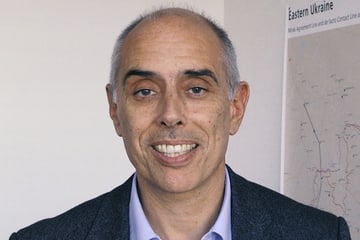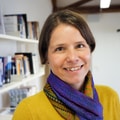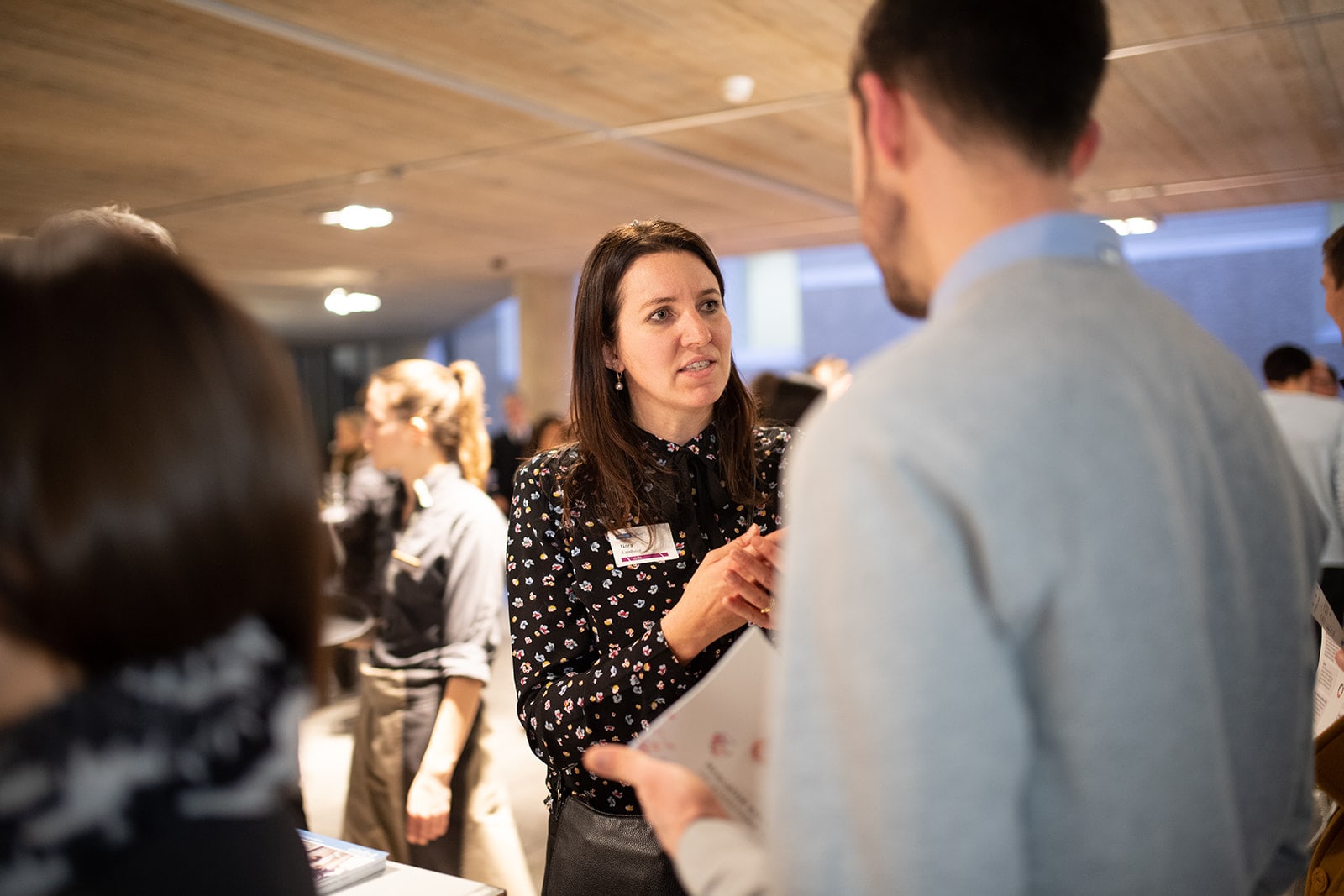"My job in a development bank", Jean-Luc Bernasconi
Meet Jean-Luc Bernasconi, Lead Economist at the World Bank in Tunis. Learn more about his position and career path.

Jean-Luc Bernasconi at the time of writing
Age
51
Position
Lead economist, World Bank, Tunis
Education
Master's Degree in Economics with focus on development economics
Most significant jobs to date
- Economist at the UBS economic research department (5 years), Switzerland
- JPO at UNDP (3 years), Hanoi
- Senior country economist at the World Bank, Washington (3 years) and Sarajevo (2 years)
- Head of division of SECO’s macroeconomic support division (4.5 years), Berne
- Chief of operations at the SECO (2 years), Berne
- Division Manager for Governance and Economic Reforms for the African Development Bank (1.5 years), Tunis
- Lead economist, World Bank (2 years), Tunis
- Head of division, SDC Humanitarian Aid, Berne (since Sept. 2015)
How I started
I studied economics, specialising in development economics, at the University of Neuchâtel. Then I worked for five years at UBS doing scientific research. When I was 31, I was able to get into international cooperation through a Junior Programme position at UNDP. I subsequently found a job at the World Bank, first in Washington, then in Sarajevo. Finally, I was a department head at the State Secretariat for Economic Affairs (SECO) in Bern for four and a half years. After that I worked for the African Development Bank and as a lead Economist at the World Bank in Tunis.
My motivation
In my perception, the World Bank was always the employer for development economists like me. I wanted to go there and I’ve worked very hard to achieve this goal. I wanted to be able to contribute to positive economic development in various countries.
The World Bank was always the employer for development economists like me.
My daily work
Throughout my career, I’ve conducted a lot of economic research, developed networks and carried out policy dialogue with the authorities. I’ve had to maintain an economics database and observe developments, have advised governments on their fiscal policy and was often consulted by representatives of bilateral donors. I’ve also awarded large loans for the Bank.
The rewards and challenges
My favourite task was policy dialogues with finance ministers, discussing important issues of state fiscal policy. Governments made decisions, based on these discussions, that greatly influenced the common good. I enjoyed less the sometimes-cumbersome processes involved in granting loans.
My personal situation
My days were very long; I often had to communicate with my superiors in Washington again after dinner. The expectations were high and it was stressful, but also very exciting and satisfying. My family was well protected from everyday criminality. However, security increasingly became a theme for my family following the terrorist attacks.
What I’ve learnt
I’ve learnt how important it is to understand the history and culture of a country in order to understand present and future trends. And I’ve learnt to deal with politically sensitive situations, as my economic research sometimes uncovered abuses, which displeased a partly corrupt minority.
My future
I’ve been working for Swiss Humanitarian Aid, a part of the Swiss Agency for Development and Cooperation (SDC), in Bern for a few weeks now and I feel very close to the needs of people. I can decide on and shape many things – and I enjoy that immensely. I don’t know what comes next. First of all I want to do a good job here at SDC.
My advice to people who are interested in working for the World Bank
Important prerequisites for a job at the World Bank are excellent writing skills in English and a solid academic education from an accredited college. Those who want to work for the Bank must look for a way in, start small and then achieve extraordinary things. Getting into the World Bank is very competitive; the Young Professionals programme is a good entry point.
Portrait also available in French and German
Our services – to take you further
cinfo supports Swiss professionals considering a career with the UN or a development bank, and those already in the system:



